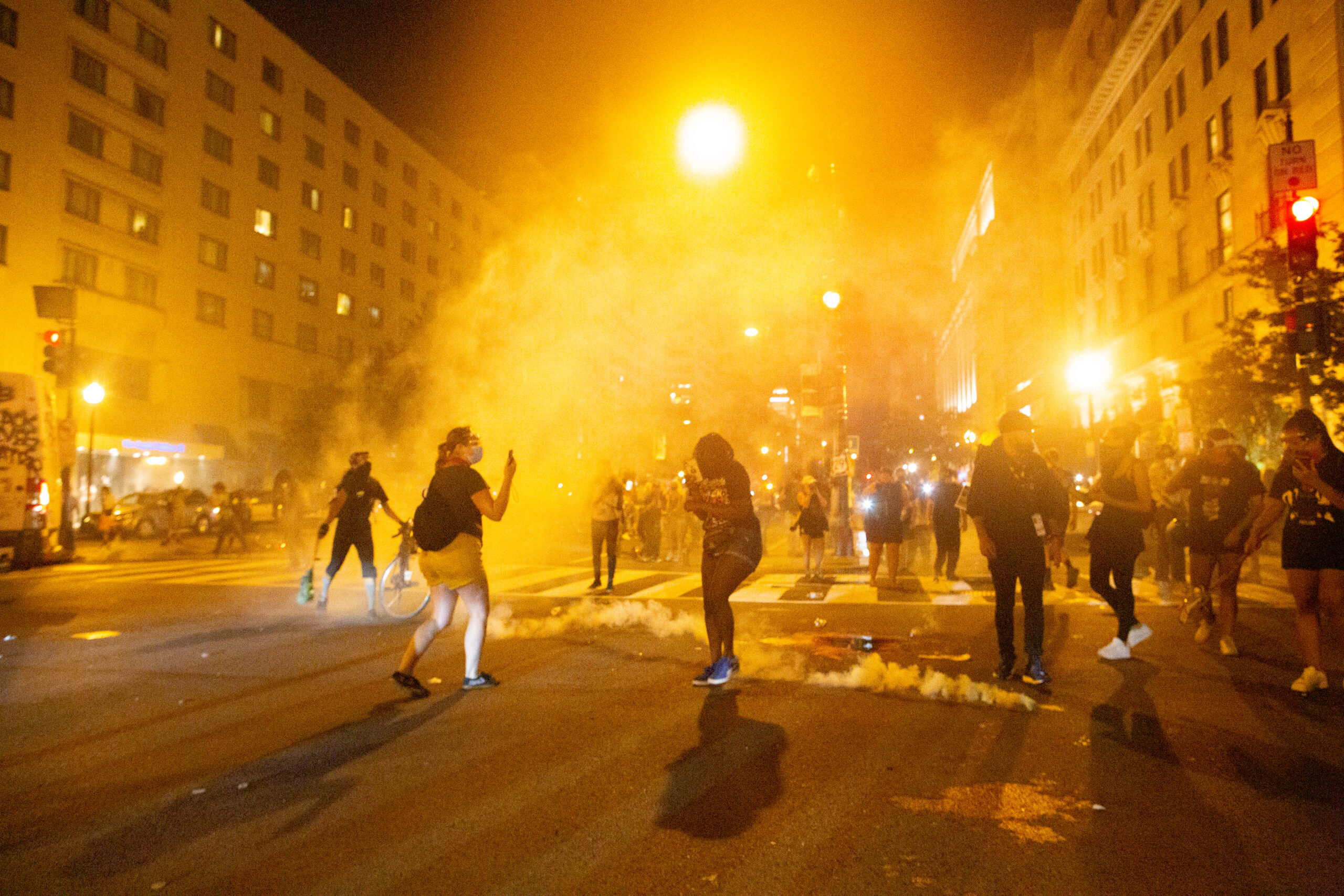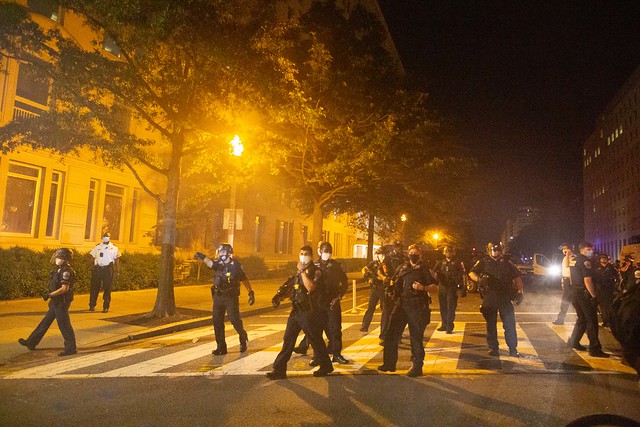Asinor v. District of Columbia – Challenging Use of Chemical Irritants and Less-Lethal Projectiles Against Demonstrators and Journalists
- Filed: August 12, 2021
- Status: Open
- Latest Update: Aug 12, 2021

Related Content
Oct 15, 2020

ACLU-DC Testifies Before the D.C. Council Committee on the Comprehensive Police and Justice Reform Amendment Act
ACLU-DC statement suggesting amendments to Bill 23-882 that center on limiting police power, strengthening transparency & oversight, and decentering criminalization all in favor of a community safety system that focuses on non-police responses.
Stay Informed
Sign up to be the first to hear about how to take action.
By completing this form, I agree to receive occasional emails per the terms of the ACLU’s privacy statement.
By completing this form, I agree to receive occasional emails per the terms of the ACLU’s privacy statement.

